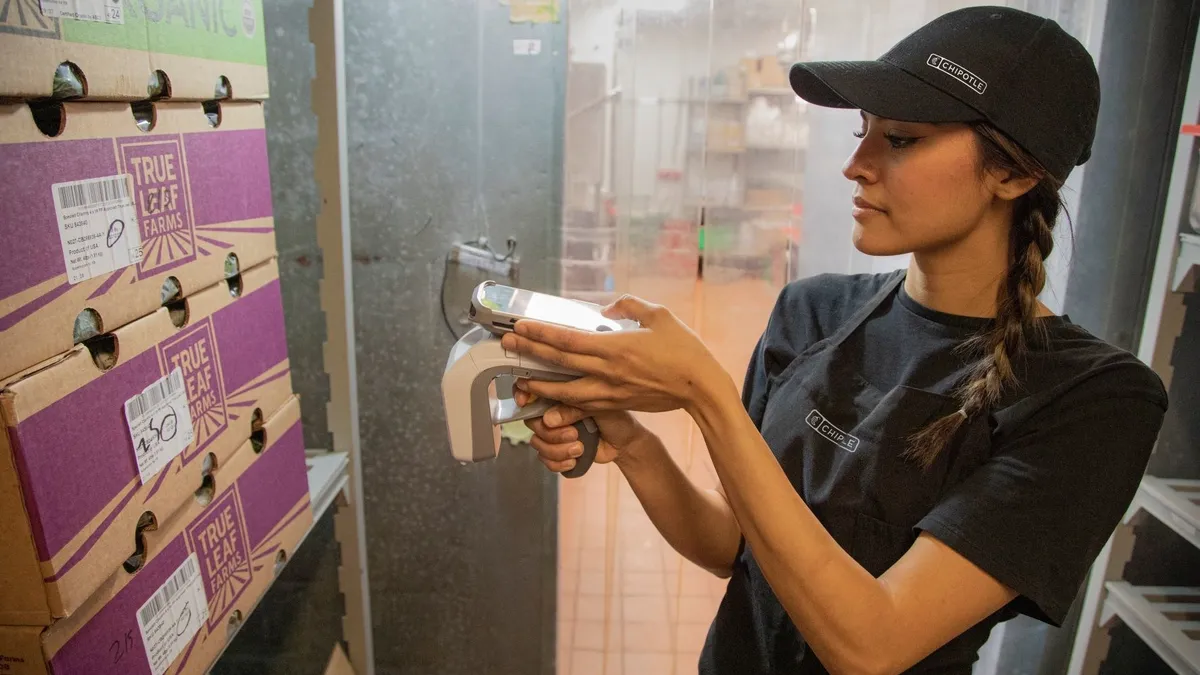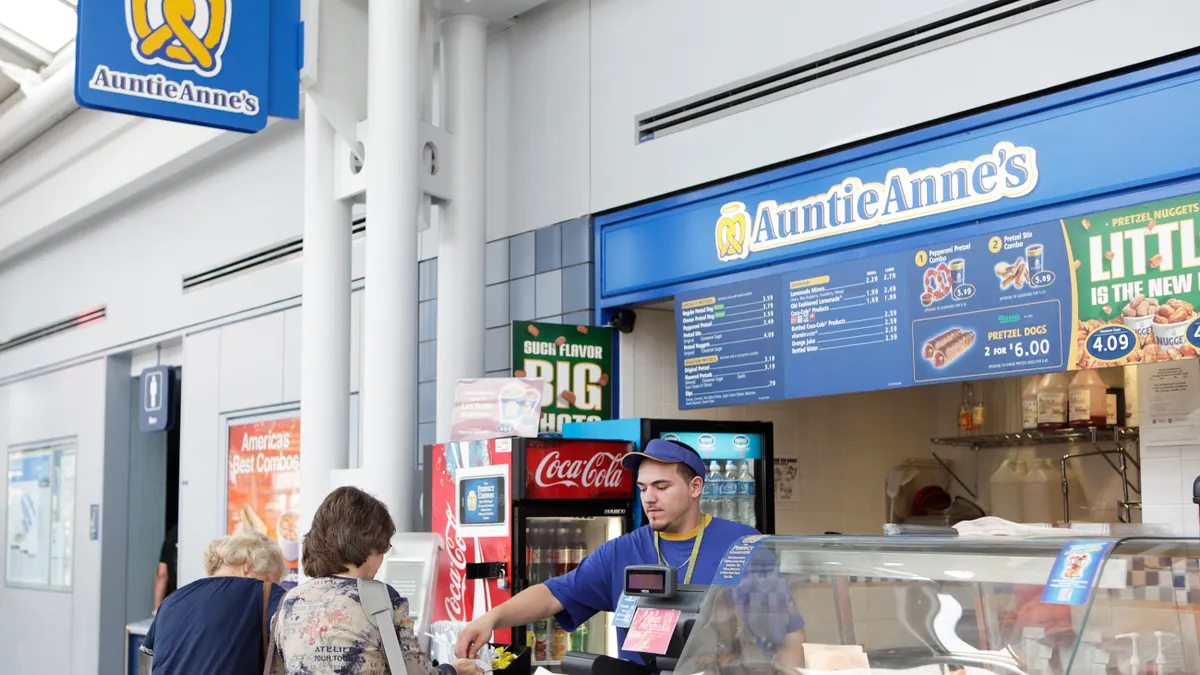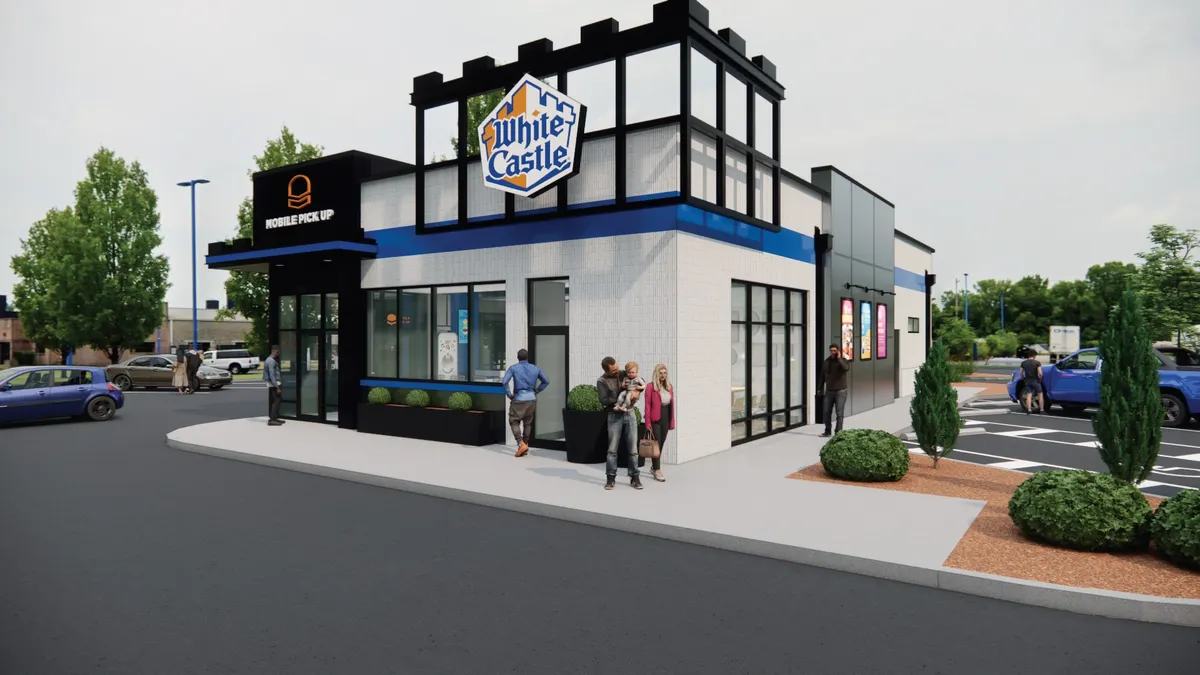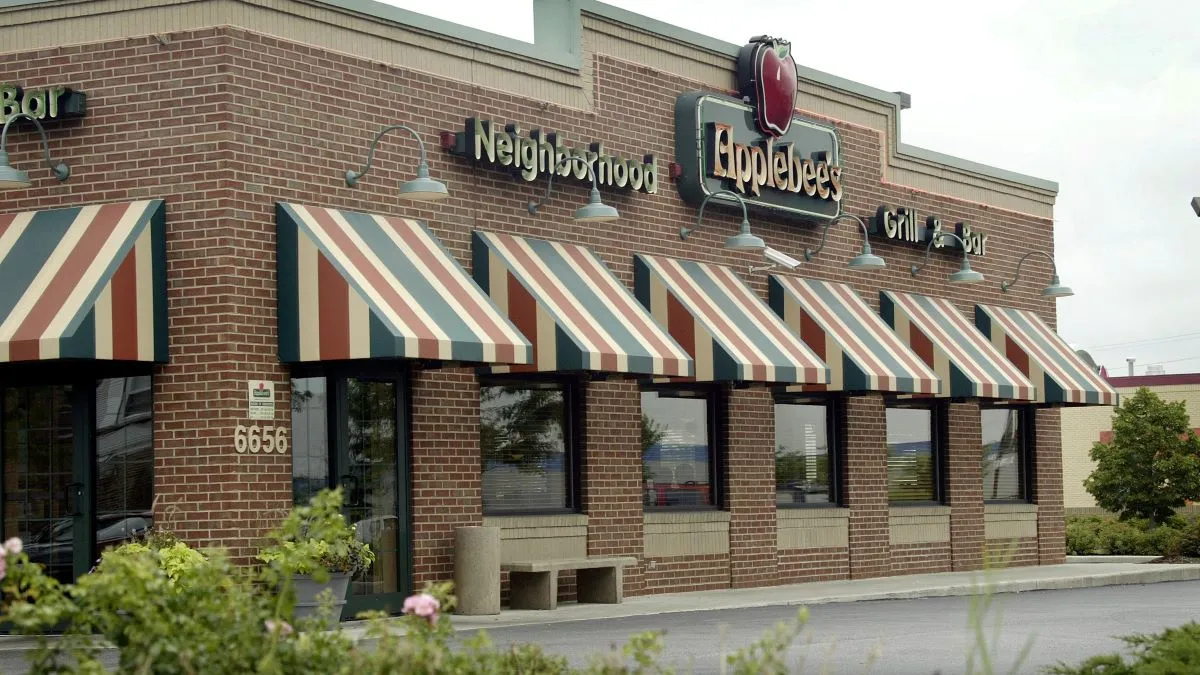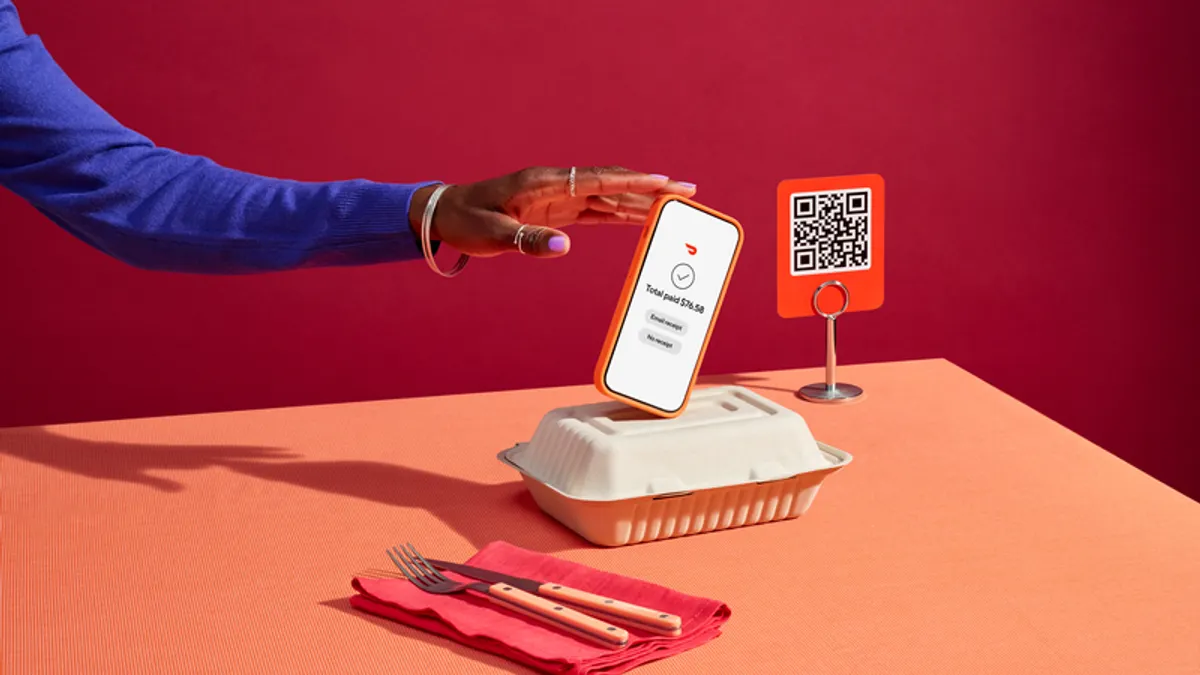When supply chain operations are outsourced, visibility is key.
It's a lesson that VP and Head of Supply Chain Carlos Londono knows all too well in leading Chipotle's sprawling, third-party reliant supply chain.
“We are 100% third party outsourced meaning for all the factories that process our chicken, that process our cheese — whatever it might be — all of those are managed by third party partners of ours,” Londono said.
Chipotle asked each of its suppliers to tag their product with radio frequency identification tags, essentially a smart bar code that can automatically identify and track inventory. While the technology is commonly used in retail, Chipotle is the first restaurant chain to make use of it, Londono said.
In a conversation with Supply Chain Dive, Londono highlighted Chipotle’s efforts to get its RFID rolled out nationally, how the technology is already making a difference in its operations and future plans for better inventory visibility.

RFID integration with suppliers and national rollout
After completing its 200-restaurant pilot in the Chicago area, which proved successful, the company is now working on rolling out its RFID technology nationally.
“What we did is right after the pilot, we started rolling everything out on the supplier level, so making sure all our suppliers have the necessary technology, the software, the printers, the infrastructure to be able to roll it out,” Londono said.
Once that is complete, Londono said the company has a pragmatic way of integrating new technology in its restaurant business which is starting with one restaurant. After kinks are worked out in one restaurant, Chipotle rolls out RFID technology to a group of locations before expanding into a full region.
Londono said Chipotle recently rolled out RFID technology in Southern California, which is working well. The restaurant chain has a schedule where it’s transitioning to different regions, and that schedule is expected to take them until the end of the year to complete.
“Our plan is to have it [RFID] rolled out to all our 3,500 restaurants by the end of the year,” Londono said.
Applying RFID to limited time offers
When it comes to limited time offers like Chipotle’s Chicken al Pastor, the company’s supply chain needs a lot of preparation, usually a year before the item is set to roll out, the executive said.
The restaurant chain has to bring in additional suppliers to make the new item a reality. Londono says each year, even when the limited time offer is repeated, the number of suppliers increases each time around.
“We have to do things like bring in new chicken suppliers, new sauce suppliers, and a variety of other things. So it takes quite a bit of effort,” Londono said.
Information can be very limited in the moment of a launch for new items like Chicken al Pastor. It becomes essential to carefully monitor inventory, and using RFID technology has been a solution to possible data gaps.

Traceability is another aspect the company has been able to improve with RFID, such as knowing where an item traveled through its network, which distribution center it went through and what transportation company was used.
Also, the speed in which restaurant managers receive inventory information once shipment data from the distribution center is sent has been useful, Londono said.
Before the RFID technology was implemented, Chipotle restaurant managers scanned each bar code by hand, taking more time and effort. With the RFID technology, a manager can just stand near a case with the product and the scanner will pick it up immediately, Londono said.
“Wherever we have the opportunity to use technology to either facilitate labor or improve the efficiency and the efficacy of the restaurant crews, we’re all for it,” the executive said.
Next up, new tech and ERP enhancements with Oracle
Chipotle's pursuit of a more tech-forward supply chain goes beyond RFID. The company is currently working on a project, using Oracle’s platform, that it’s calling supplier visibility.
The project — “cobbling” many technologies together — allows the company to see inventory, shipments and supplier information all the way upstream, he said. “We’re continuing to work on it and slowly adding in new suppliers to that project,” he added.
Chipotle is also working to enhance its current enterprise resource planning system with Oracle.
Londono says Chipotle had a master data management system that has run its course and worked really well back in the day, but the company is at a point where it needs a “next level generation” solution.
“Every company, especially if you’re starting to have any meaningful scale, you have to have some kind of centralized enterprise resource planning systems,” Londono said. That is why the company finds it necessary to improve its ERP capabilities.
With its technology team, Londono is trying to figure out what other modules and capabilities it can enable to continue gaining visibility throughout Chipotle's supply chain.



